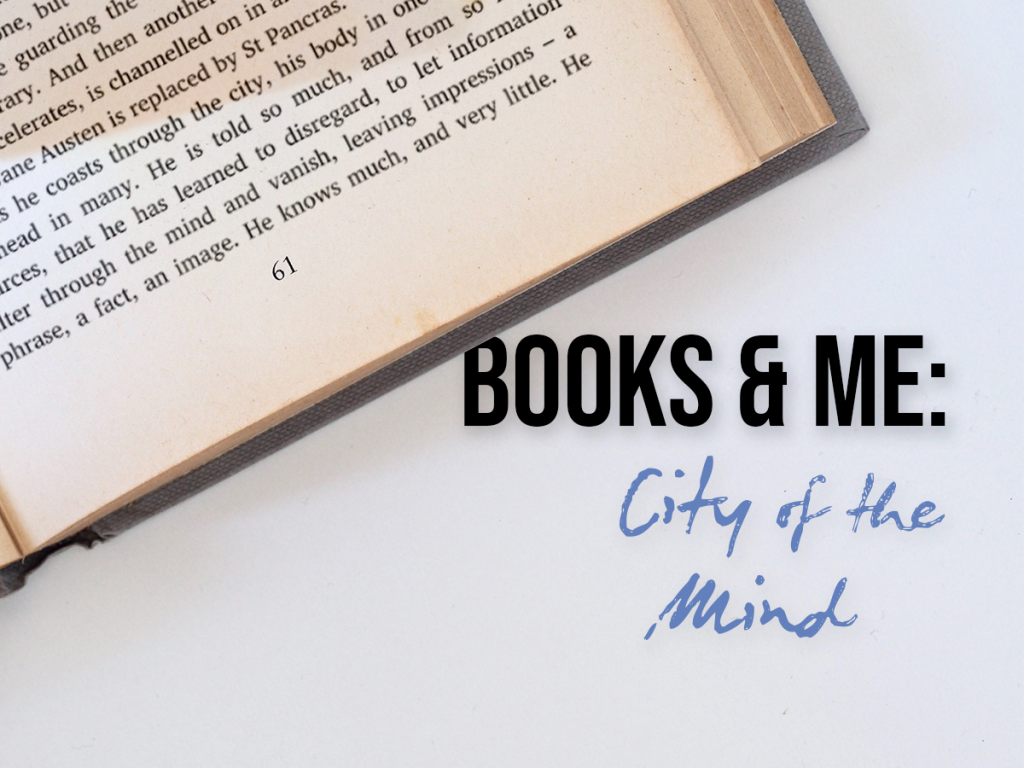Kwaku Mintah writes on Penelope Lively’s psychological novel City of the Mind, exploring how the book impacted him and the parallels that can be drawn between the book and real life.
There’s something beautiful in a book about nothing. A narrative so realistic and so simple that, by the end, there’s no grand destination, no great battle: just a man, and his daughter, and his relationship with the beautiful city of London.
The Quiet Melancholy of Life.
In a world that seems to move so fast, a universe that doesn’t seem to care, the immediate notion can often be to move, move, move – to drown yourself in the current of people, get blown away in the breeze of the crowd – but this book is a reminder to slow down. London, the city that becomes a backdrop to so many people’s lives, has a sense of character in this story – she lives and breathes like any other being. Her memories seem to flow around Matthew Halland’s mind as she makes him a part of her personal history and he entwines the city’s nature into his own. There are glimpses to her past, flashbacks of a city that’s lived so long, the trauma she’s seen, pain she has felt: London is a person just like any other, and Matthew Halland is one of the many who wish to work with her.
He comes into conflict with the more selfish, malevolent forces within her. He takes lessons from the eclectic who hide in her shadows and finds, perhaps, a second chance, in the dances about her circuit. He’s a cog in the machine of London, but one who is in a position to change her future: a white blood cell amongst the many red, a headstone at the top of the arch. Yet, this isn’t because he is exceptionally powerful or special or chosen by any higher being, he is simply doing what he loves, surrounding himself with those he cares about, inquiring about what intrigues him, and this positions himself prominently within the City of the Mind.
When I was young, I would sit and watch the train, the way it screamed through the windowpane, and shook the world around it. Michael Halland has a similar memory – one with a fence rather than the window, sitting in his garden, the train much closer. The way the colours rush past your eyes in a flurry. The frantic chase of curiosity, wondering where it goes. The innate fear of the speed, knowing the danger these great behemoths possess, yet still in awe at their immense power – these are both feelings that me and Halland shared. With that, a deeper sense of antiquity seemed to emanate from this book – a nostalgia for a story I didn’t yet know, a man I’ve never met, a time that I never saw.
Me and Matthew Halland were both going through break-ups of sorts during our journey. Though, his was more important, a marriage with a child compared to the squabbles of two teenagers. Michael continues on, however, finding potential for a future with Sarah entirely by accident. It gives a sense of hope: if you were once loved, you can be loved again. And, even if not the intimacy you may have hoped for, perhaps something else along the way. Often the frays and disagreements of the present can blind us, close our view, but if we take a moment, breathe, and take in the world around us, we can see that there truly is a beauty and a deep, rich history in everything, everywhere. If Matthew Halland could find it in the slowly modernising London around him, then maybe you can find it too.
That’s the lesson I learnt from the City of the Mind.
Edited by: Rebecca Pearson – Deputy Editor
Header Designed by: Sarim Mangi – Head of Design


